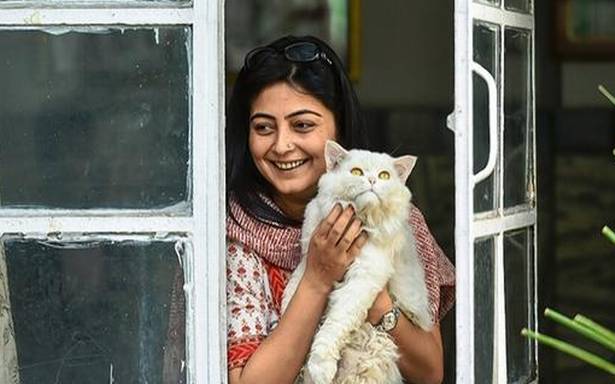While the WHO has initiated a study into the possibility of coronavirus infection spreading from humans to domestic animals after a four-year-old female Malayan tiger at the Bronx Zoo became the of its kind to test positive for the coronavirus, some veterinarians have argued that there is so far no clear evidence of human-to-animal reverse transmissions.
At the Bronx zoo, a total of four tigers and three African lions were also said to have developed a dry cough, a typical symptom of COVID-19 patients. Further, this week a study published on the website of the Science journal found that ferrets could also potentially become infected with SARS-CoV-2, the virus that causes the COVID-19 disease, however adding that dogs, chickens, pigs and ducks are not likely to get infected.
Also read: After Bronx Zoo infection, focus on two ‘exotic’ tigers in Arunachal
However, Juliet Decaestecker, an India-based veterinarian from Belgium, and author of the book “Healthy Dog, Happy You,” said “Despite the number of global cases of COVID-19 surpassing the one million mark… we have only seen examples of two dogs

